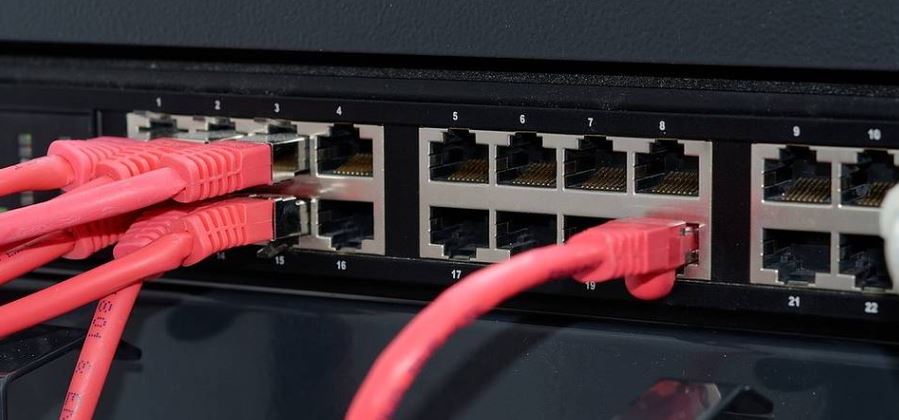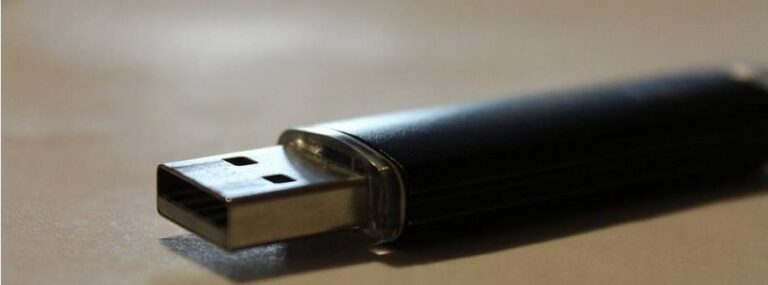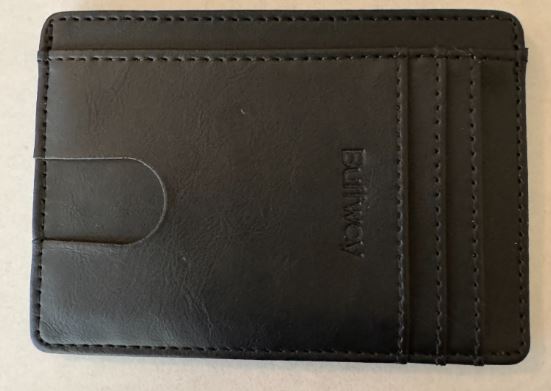A virtual private network (VPN) is a way to create an encrypted private network to help provide both security and privacy.
A VPN is recommended for anyone connecting to a network in a public location such as a coffee shop, as anyone on the network can potentially see your activity if you are not using a VPN.
You can install VPN software on both your home computer and your phone. For targeted individuals, you may want to use a VPN even on a home network or while using your phone for both security and privacy reasons.
Bottom line recommendations:
Good – using any VPN is better than not using one, especially when connecting to public networks.
Better – a paid VPN solution is better than free options.
Best – a paid VPN solution located in a country with strong privacy laws and connect to VPN servers in that country. (I recommend Proton VPN, based out of Switzerland)
Be Aware – Some sites may not work on VPN such as banking sites and some sites such as Facebook or Instagram may actually deactivate your account for using a VPN. Use VPN as much as you can and just be aware of which sites you may have to turn it off to use, and use them with caution.
Is VPN usage on a home network or cell phone really necessary?
For a non-targeted person, the answer is usually no, unless they are on a public network. The other situation where a person would want to be on a VPN is to view region specific content such as streaming services, but that usage is often technically against the terms of service of many streaming providers.
As a targeted individual, I think the answer is yes, use a VPN as much as possible for both the privacy and security advantages. First consider the PRISM program in the original Snowden leak. It was detailed that telecom providers will give the government detailed consumer records on demand. Your internet provider will not enforce your right to privacy, they are an open book to the government. In the US also consider the use of the FISA program domestically, where US companies can be compelled using secret court orders to disclose consumer data.
The only way to protect your data is to not give it to your internet provider. By using a VPN, the only information available to your ISP is the fact that you connected to a VPN at what time and how much data you used. The sites you visited and the content of your traffic is not visible to your ISP. When connecting to a VPN, as part of that best practice above, connect to a server in the secure country and not a local server. Using Proton VPN as an example, with their paid service they offer both US based servers (and many other locations) and servers in Switzerland. Connect directly to the Swiss server. This may be slightly slower, but if you connect to a server on US soil, that server can fall under the PRISM and FISA programs.
image is creative commons public domain. source: https://picryl.com/media/network-equipment-hardware-computer-communication-f3e649
References:
Wikipedia Contributors. (2019, April 25). Virtual private network. Wikipedia; Wikimedia Foundation. https://en.wikipedia.org/wiki/Virtual_private_network
Prism. (2022, June 1). Wikipedia. https://en.wikipedia.org/wiki/Prism
United States Foreign Intelligence Surveillance Court. (2021, April 2). Wikipedia. https://en.wikipedia.org/wiki/United_States_Foreign_Intelligence_Surveillance_Court
Follow @TargetedTechTlk





